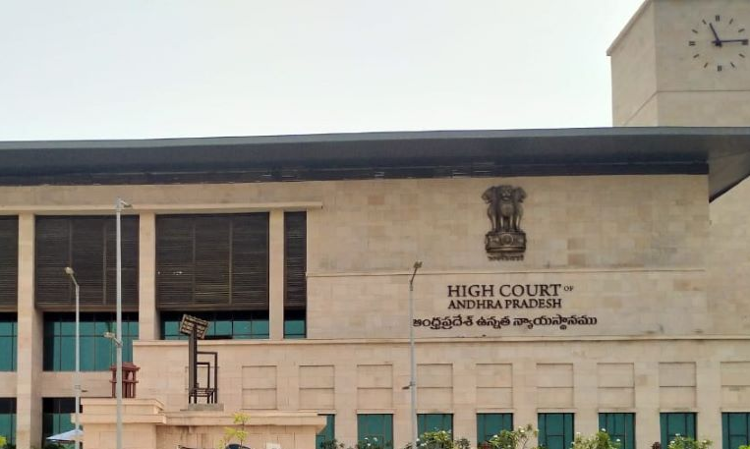The Andhra Pradesh High Court bench of Justices Ninala Jayasurya and Nayapathy Vijay observed that in deciding a petition under Section 9 of the Arbitration Act, the Court cannot ignore the basic principles of the CPC. At the same time, the power of the Court to grant relief is not curtailed by the rigours of every procedural provision in the CPC. In exercise of its powers to grant...

